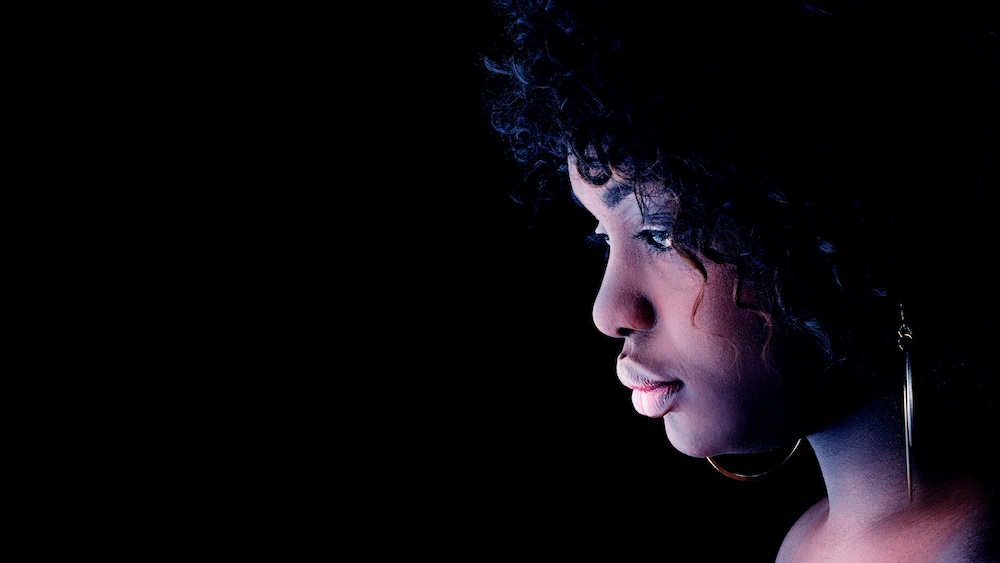If you’re interested in sharing your opinion on any cultural, political or personal topic, create an account here and check out our how-to post to learn more.
Opinions are the writer’s own and not those of Blavity's.
____
She didn’t scream because no one listens to her cries.
Let me say that again.
She did not scream because no one listens to her cries.
No one hears her pleas.
More than 20% of Black women in the United States will be raped at some point in their lives. 35% of Black women will be sexually assaulted within their lifetime and 17% of Black women are in an intimate relationship with their assailant. These rates are higher than that for any other racial or ethnic group, contrary to popular belief.
The “strong Black woman” archetype has contributed to the false notion that Black women can overcome any threat and do not need protection. They are stripped of their emotional and physical vulnerability and told to only elicit strength and perseverance. This makes them more susceptible to wrongdoing and violence at the hands of others.
No one values her voice.
Only one out of every 15 Black women who experience sexual violence will report her assault. Tarana Burke screamed “me too” for 11 years but wasn’t heard until a woman who didn’t look like her said it, too. She was barely acknowledged by many white feminists until other women of color amplified her voice.
Black women’s adjurations are not taken at face value. This is an effect of the systematic oppressions that impact Black women. The intersecting layers of racism and sexism work together to devalue and silence Black women’s voices. They are pushed to the background of movements they initiate because their issues are conflated with others (#SayHerName in the midst of #BlackLivesMatter) and instructed to elevate others while suffering in silence.
No one acknowledges her innocence.
One in four Black girls will be subjected to an act of sexual coercion by the age of 18. The hyper-sexualization of Black women starts at a young age, as they are typically predisposed to develop more voluptuous features during their preteen years. This creates the belief that they are promiscuous, sexual beings who are always open to sexual opportunities.
When Black girls are raped or sexually assaulted, people negate their youth, innocence and vulnerability, and instead suggest they are “grown,” impure and knew what they were doing. They are not allowed the opportunity to mourn the loss of their innocence or given the assistance they need to pick up the pieces. Instead, they are expected to move through life as if nothing has happened, which has many consequential effects — a major one being the sex abuse to prison pipeline.
A 2006 study conducted in Oregon found that 96% of girls in the juvenile justice system were sexually abused at least once in the past. Similarly, a 2009 study in South Carolina found that 81% of delinquent girls had a history of rape or sexual assault.
No one recognizes her humanity.
In the United States, 40% of confirmed sex trafficking survivors are Black women. This is no coincidence. The long history of misogynoir and sexual violence against Black women has contributed to the commodification of Black women’s bodies. An adult who coerces a vulnerable teenage girl to engage in sexual acts with him or someone else for their own personal gain is no different than a slave master who coerces a defenseless Black woman to engage in sexual acts with him because he views her as his property.
Black women are viewed as objects. Their bodies are viewed as possessions of the male gaze, which is why uproar is caused when a Black woman takes pride in her own physique. Who truly wants the prize when the prize owns herself? You cannot make a commodity out of someone who is in control of their own sexual citizenship. The only way to do so is to break them down, tear them apart, dehumanize them and erase them from the public eye. This is evident by the lack of attention given to Black girls and Black women when they go missing. Well, they must have run away. They’re always angry and defiant, so they are likely just with a friend. Who cares about the statistics that show Black girls go missing at disproportionate rates when it’s another Black body that is just not worth our concern?
She didn’t scream because no one listens to her cries.
